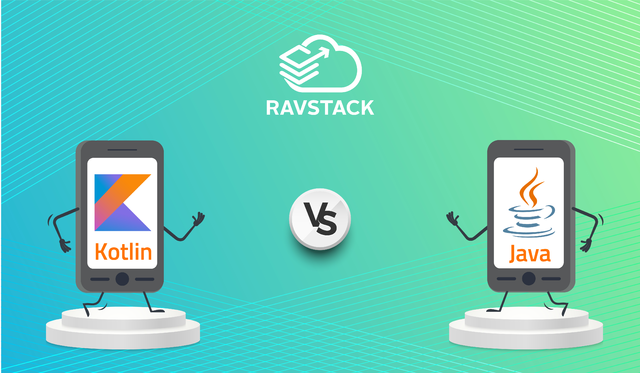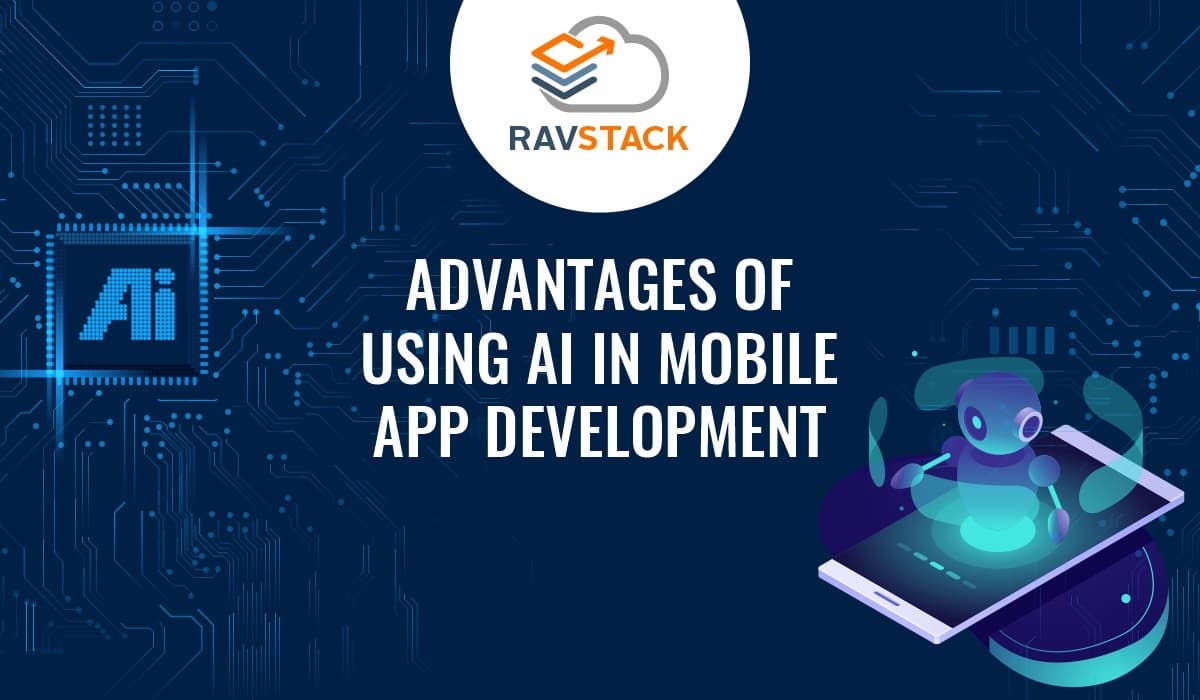Kotlin vs Java is one of the most popular topics these days. When it comes to Android app development, Java language is the top priority language that hits the mind of coders. In 2018, It is the second most popular programming language (67%) on GITHUB after JavaScript (97%).
Despite the undisputable fame of Java as an object-oriented programming language, Android was long in need of a modern language. Kotlin fulfilled that need ever since it was announced as the official language for Android past years. On Udemy, programmers taking Kotlin courses spiked by 95% in 2017, making it the hot technical skill for 2018.
Since the beginning of 2018, around 1.5 million developers utilize Kotlin language and halfway through 2019, that number had doubled. With colossal brands starting to utilize Kotlin, support from JetBrains and Google, and an almost worldwide attachment to the language, it’s pretty safe to say that Kotlin will be around for a while.
So, both Java and Kotlin provide fierce competition for each other. Thus, we have significantly differentiated between Kotlin and Java language.
We will provide answers to some questions related to both Kotlin language as well as Java language. We will discuss advantages, significant differences based on various parameters, technical differences and much more.
Java & its benefits
Java is an object-oriented programming language. Using this highly recommended language, coders can create any program, and it is also compatible with almost any type of machine. It efficiently works in Linux, Windows and even for mobile devices in Android.
Currently, Java has one of the most essential and largest communities in the world. This language, both on the Internet and in the computer field, is necessary. Java can be used to make complex tasks more manageable.
- Java is a portable language and easy to learn.
- It carries security features and high performance
- With the help of Java, you can create modular programs and reusable code.
It is a robust, dynamic and efficient language.
- It provides network-centric programming.
- A massive number of IDEs and open source development tools have been written in Java, making it a highly recommended and strong development language.
- Cases used by Java – Android-OSS, NewPipe, WordPress Engineering
Kotlin & its Benefits
Kotlin was first introduced by JetBrains in 2011, which is the originator of IntelliJ IDE, PyCharm, and many other popular IDEs. It was announced at Google I/O as the second official language of Android app development. Since then, It has been working in conjunction with the Google cloud platforms Gradle and Spring frameworks.
Kotlin as a potential candidate for the programming language of the year 2017 due to some interesting stats, its presence in the popular TIOBE index, Google’s official support, and its own research which confirmed that Kotlin grabs the interest of a surprising part of JAXenter’s readers.
Many organizations involved in mobile app development have already started to hire Android app developers who are proficient in Kotlin rather than Java. It is an open-source language & costs nothing to adopt.
- Kotlin is approachable and can be learned quickly.
- It uses existing Java Frameworks & Libraries.
- It compiles to JVM bytecode or JavaScript.
- Code reviews are not an issue in Kotlin.
- Automatic conversion of Java to Kotlin.
- Cases used by Kotlin – Pinterest, Trella, Car Lens.
Comparison of Kotlin and Java
The Kotlin language has zero built-in security. The infamous NullPointerException has a big hand behind the development errors of Android and Java. Android is based on null to represent the zero value, but null can easily affect an application badly.
Kotlin solves this problem by providing null security. This helps developers to prevent extra code writing to solve the problem.
Kotlin is 100% interoperable with Java and It is the primary purpose of Kotlin. From the start, the intention of the project was to utilize existing features so that all libraries are available to Kotlin programmers.
Developers can divide complex programs into modules through Kotlin that perform perfectly within the existing Java code. By issuing the Bytecode, a Kotlin compiler allows the two languages to work in unison in the same project.
Raw types provide backward compatibility but can generate a CastClassException and the error will occur during execution and not at the compilation stage. Kotlin does not allow unformatted types and, provides a more secure code for the type.
The exception feature checked in Java can create problems. Checked exceptions are when the compiler forces the caller of a function to capture or (re-throw) an exception. The fact is those proven exceptions are usually unnecessary and create empty capture blocks.
Proven exceptions that do not exist are a hurdle for programmers because they are forced to check the code to identify a possible exception that never happened. As a solution, Kotlin removed them entirely and improves type security.
It is an essential factor in productivity. The complexity of the projects decreases when a developer receives more power for each line of code. The key point is that Kotlin does not overlook understanding for brevity. The syntax is concise and still substantially readable. It also has some additional features like type inference, data classes, smart casts, and properties to help achieve conciseness.
Kotlin’s code is concise, something which Java lacks. Many developers give preference to Kotlin for being concise. This is a feature that Java is not known for; Yes, the succinct nature of Kotlin makes the work easier for a developer and leaves less room for error.
As a result, Kotlin is quickly proving itself to be a highly recommended programming language for mobile app development and provides developers the opportunity to work with modern programming. Overall, this programming language is setting a new benchmark for what a programming language should be able to accomplish.
Why choose RavStack for Android app development
RavStack developers specialize in using Kotlin for developing Android app solutions. Our team comes with a vast experience of working on Java as well as Kotlin and can manage everything throughout the development process.
Our highly-skilled programmer’s curate codes from scratch, and hence they are custom to your specific needs, and thus, any modifications required in the future can be done easily.
Get in touch with our expert developers & consultants
We'll get back to you within 24 hours
Talk to our expert

 September 16, 2020
September 16, 2020
 11 mins read
11 mins read
 +1 415 800 4089
+1 415 800 4089 info@ravtsack.com
info@ravtsack.com






 March 4, 2020
March 4, 2020 7 mins read
7 mins read



)




